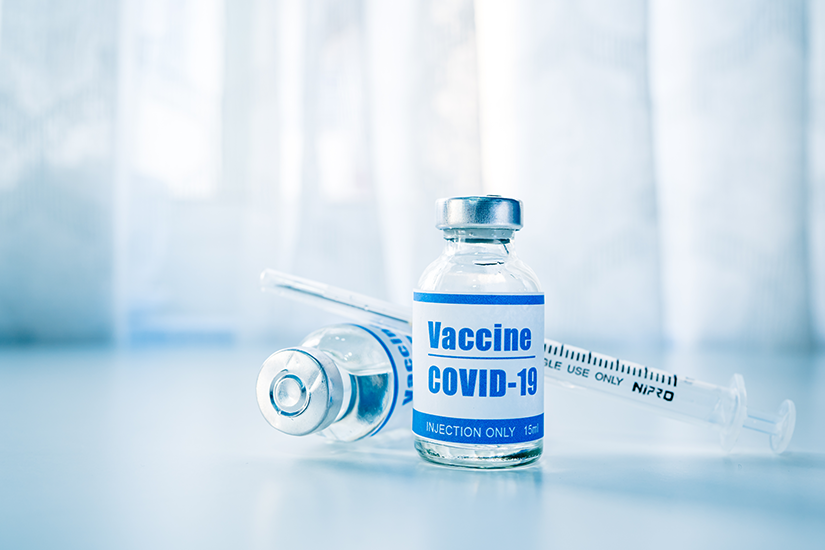- Emergency Ambulance Services
- 8606811111
- 0471-4077777, 0471-7177888
- gro@sutpattom.com
Understanding D-Dimer Tests and COVID Vaccination: Facts vs Myths
Dr. Manoj Vellanad, Consultant Neurosurgery, SUT Hospital, Pattom
In the wake of COVID-19 vaccination, social media has played a major role in spreading misinformation—one being the mandatory need for a D-dimer test after vaccination. This is not true. A D-dimer test, which detects a substance formed when blood clots dissolve, is only prescribed when there is a clinical indication of clotting issues—not for routine post-vaccination screening.
An elevated D-dimer level (above 0.5 μg/mL) may point toward increased clotting activity, but it does not confirm serious conditions like a heart attack or stroke. D-dimer levels can rise due to a variety of reasons such as infections, surgery, trauma, inflammation or even pregnancy. Only a qualified healthcare professional can interpret these results accurately, based on the patient’s medical history and current symptoms.
Concerns about vaccine related clotting are primarily linked to adenovirus-based vaccines. These vaccines have been associated with a rare clotting condition known as vaccine-induced Thrombotic Thrombocytopenia Syndrome (TTS), occurring in about 3 to 4 cases per 100,000 vaccinated individuals typically within 2 to 3 weeks post-vaccination. However, the risk of blood clots from COVID-19 infection itself is far higher, with up to 30% of hospitalized patients experiencing clotting complications.
Importantly, scientific studies have found no causal link between COVID-19 vaccines and sudden deaths in healthy young people. Vaccines remain one of the most effective tools in preventing severe disease, hospitalization and death. In fact, by preventing COVID-19 infections, vaccines significantly reduce the associated risk of clot formation by almost 100 times.
D-dimer tests are expensive and should be used only when doctors suggested. The public is encouraged to trust scientific evidence and consult healthcare professionals rather than relying on fear-based social media claims. Vaccination is a critical step toward ending the pandemic and returning to a safer, healthier society.









